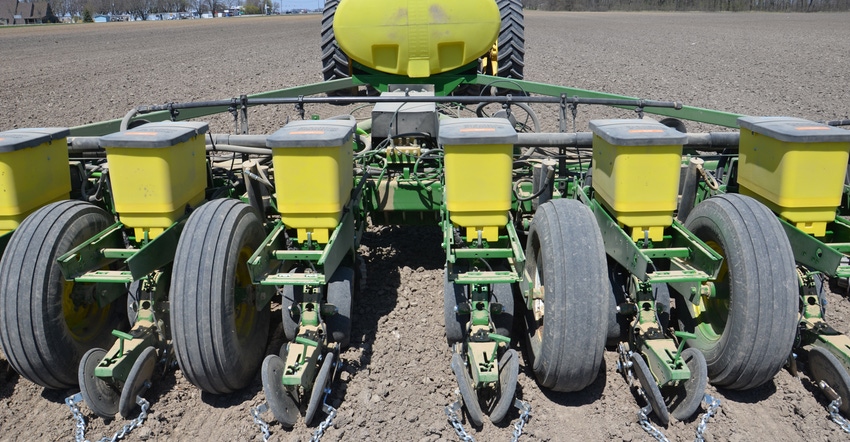
A caller recently posed a familiar scenario. He was approached to try a new product by a salesman for a company with a long line of microbial products. The caller happened to be a beekeeper, and this product reportedly helps bees thrive. The same company also sells products for row crops. The salesman even offered him a dealership.
The caller’s question was simple. “Is this ‘pixie dust,’ or is there really an advantage to this product?”
That question comes up frequently as farmers try to sort out products that could help them improve production and net a few more bushels, or in this case, more honey, from products without a proven track record.
Pete Maybach, a crops consultant with M&M Consulting Inc., Warrenton, Va., works with growers who produce a variety of crops and products, including corn, soybeans, grapes and turf for the growing housing industry near Washington, D.C. Helping clients sort out what works from what doesn’t is a challenge he handles frequently.
“Start with the premise that there is no silver bullet solution to whatever challenge you face,” Maybach says. “Technology has changed over time, but the general principles of crop physiology haven’t changed. Take that into account when examining products.
“The best advice I can give is to ask questions. Ask lots of questions!”
Determine if any field testing has been done on the product being promoted, Maybach says. Has it been part of university trials? Is any data available?
As the caller about the honeybee product learned, just because the company has a website doesn’t mean the product does or doesn’t do what it’s supposed to do. Does the website have data from respected sources? Or is it filled primarily with testimonials?
Be careful about what you’re buying, Maybach says. If there is a theory behind why the product works, does that theory make sense in terms of plant physiology?
He sums it up this way: “Don’t spend money on things you don’t test.”
The beekeeper plans to try a small amount of the product in a few hives. He and a fellow beekeeper will evaluate it together and keep careful notes. And no, he won’t be selling the product this year.
About the Author(s)
You May Also Like




